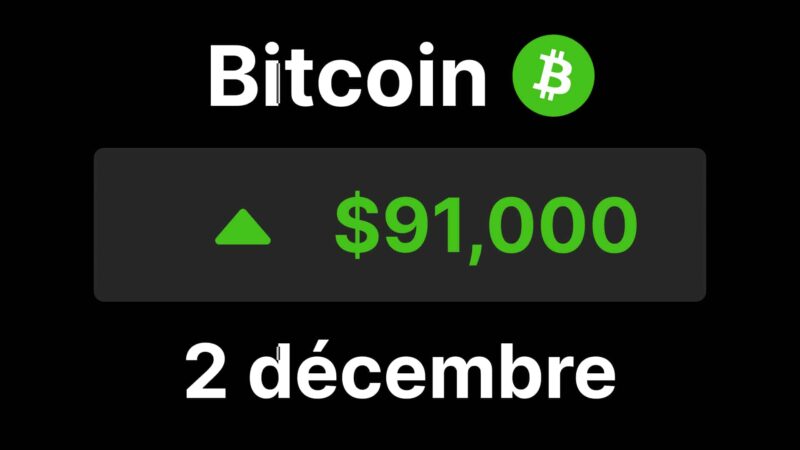While Bitcoin hovers near $108,000, two giants are engaged in a frenetic race to accumulate. On one side, Michael Saylor and his firm Strategy, formerly known as MicroStrategy, already legendary for their aggressive purchases. On the other, the Japanese Metaplanet, a newcomer who clearly aims to play with the big boys.
Strategy: Holding Nearly 600,000 BTC
Michael Saylor shows no signs of slowing down. Last week, Strategy made another big move by buying 4,980 bitcoins for $531.9 million. The operation was mainly funded through the issuance of common stock ($519 million), supplemented by a bit of capital ($59 million).
Saylor’s strategy remains unchanged: bulk buy, regardless of market cycles. As a result, they now hold 597,235 BTC, acquired for a total of $42.4 billion, at an average purchase price of $70,982. At the current rate, this mountain is now worth over $64 billion.
With this pace, Strategy crushes the competition and remains by far the most exposed publicly traded company to Bitcoin. This position strengthens its image as a BTC proxy for traditional markets.
Metaplanet: Japan Jumps into the Battle
However, the current outsider is Metaplanet. Unknown to the public a few months ago, this Japanese group listed in Tokyo, historically active in hospitality, is making headlines. Their latest acquisition of 1,005 BTC boosts their reserves to 13,350 BTC. At this rate, Metaplanet is already surpassing giants such as Galaxy Digital or CleanSpark and could soon join the global top 3.
And this is just the beginning. To finance their future purchases, Metaplanet has issued $208 million worth of zero-interest bonds, a strong signal to the markets: the company is banking everything on Bitcoin as a strategic reserve asset. This announcement comes a few days after another fundraising round of $515 million, mainly in capital.
A Battle of Conviction, Not Speculation
These two operations mark a turning point. This is no longer about simple financial arbitrage but a structural change in how some companies manage their treasury.
The message is clear: in the face of inflation, geopolitical uncertainties, and fiat currency devaluation, Bitcoin is becoming an institutional store of value.
What It Means for the Market
This buying frenzy is significant. It reduces the available supply of BTC in the markets, mechanically increasing scarcity. And more importantly, it further legitimizes the idea of Bitcoin being held massively by public, listed, regulated entities.
In 2020, it was MicroStrategy. In 2025, it might be Metaplanet that inspires a new wave of corporate adoption.
One thing is certain: Bitcoin is embedding itself in companies’ balance sheets like never before.




